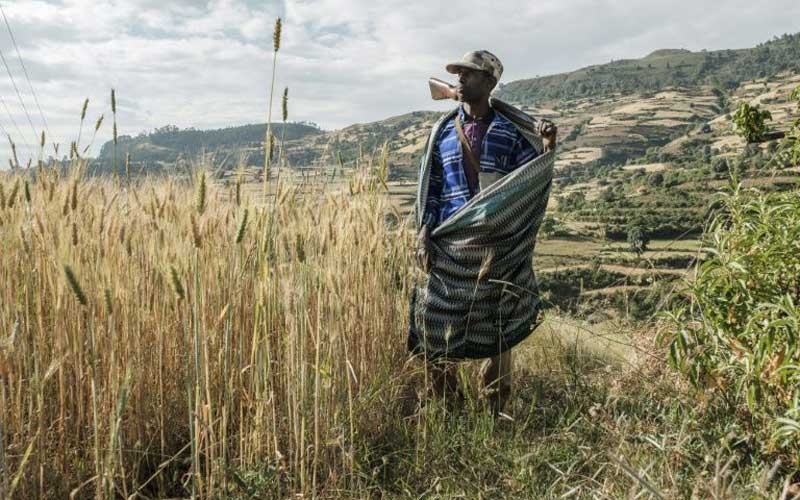×
The Standard e-Paper
Join Thousands Daily

Zeleke Alabachew says there are around 200 militiamen in his area wiling to fight
The last time Ethiopian farmer Zeleke Alabachew saw combat was two decades ago, when a border war broke out with neighbouring Eritrea and he joined a ragtag militia that went to the front.